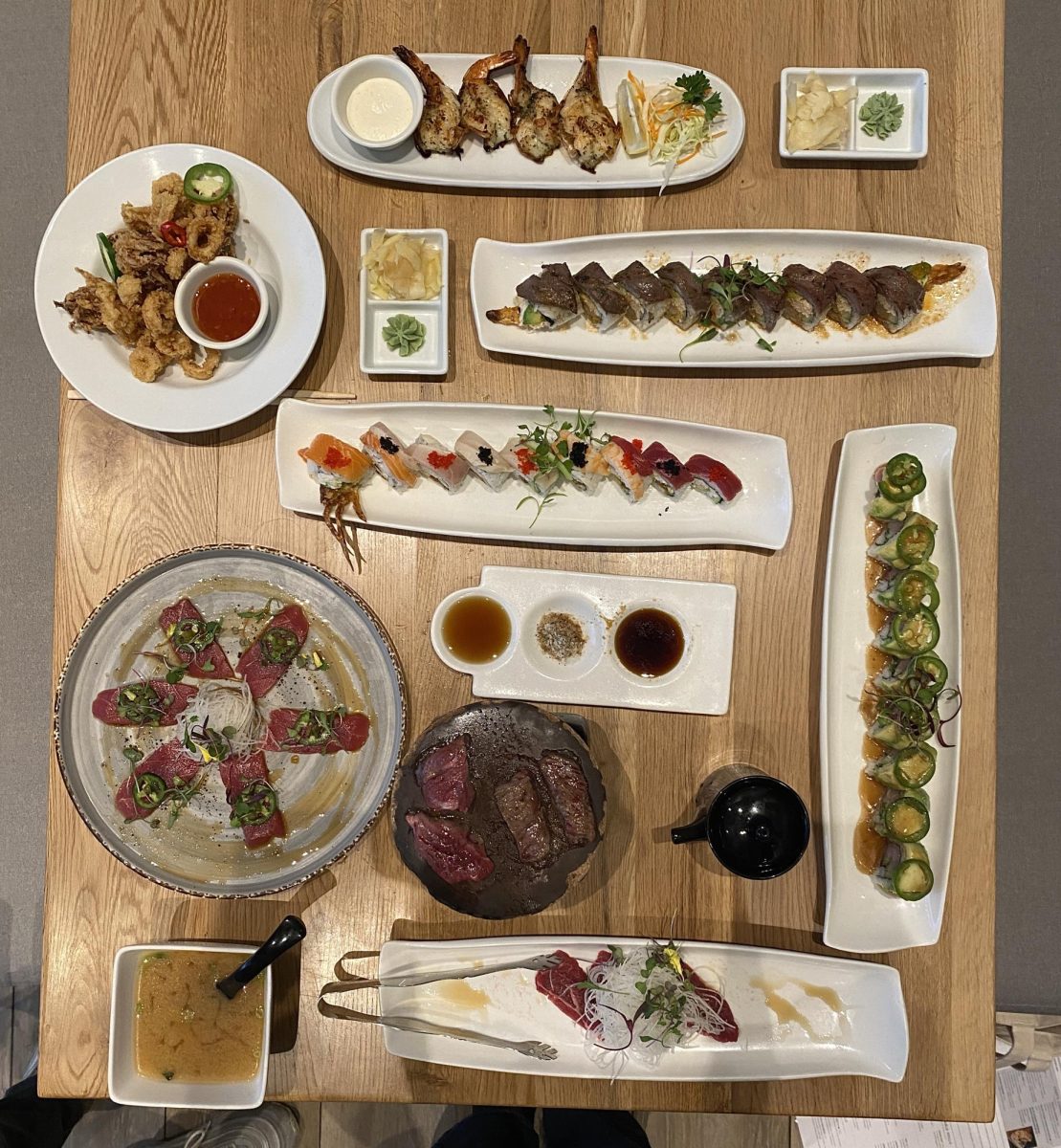How do I know what I stand for during this political season? How do I be informed and know which candidate is best for me? — Anonymous
An onlooker of the political stadium, which is slowly morphing into a cross between an open podium free-for-all — friendly fire not excluded — and a smorgasbord of GIFs, memes and quotes from the debate flops, may just groan and marinate in their self-obsessed apathy towards the system. How unoriginal. Yet, one cannot blame an individual for feeling this way; the Internet is undoubtedly oversaturated with impassioned literature founded upon life circumstances, such as late-night Twitter rants or anger at the newest McDonald’s opening up around the corner, and thus reigniting a callous hatred for gentrification. There’s nothing wrong with this inherent polyvocality, however — the Internet is an accessible, economical medium where everyone can contribute to the global dialogue of “whatever the hellhound you want.” But for the sake of answering this question, being informed is a product of social and political awareness.
Let me do you a solid: In order to assess your political values and how they fare against the current presidential candidates, you actually have to know what your political values are. And, no, mayonnaise is not a political value. If you’re just starting out, then remember the venerable words of the wise Professor Oak as once said twenty years ago: “Don’t go out [into the tall grass]! It’s unsafe!” If you are even hesitant to define your values, contending with others in the arena will either likely lead to getting roasted alive in the blogosphere or becoming immortalized through Imgur or Snapchat. I supposed the latter is not a terrible option once Ellen invites you onto her show — MEET THE COLLEGE STUDENT WITH NO OPINIONS — but possessing no stance is still effectively politically siding. Here is a starter kit of general and specific topics to assess your position: Foreign policy. Diplomacy. Wealth distribution. The perpetuation of racism, misogyny, heterosexism, classism, etc. as a way of protecting established forms of privilege and epistemology to continue the narrative of subjugation.
Should a candidate be apt for one person a la one size fits all, as the question phrases? Are we to entail the neoliberal model and elect candidates based on whom is most favorable to the individual? That is the antithesis of political advocacy: It is not about which candidate is best for yourself, but is rather willing to dedicate oneself to uplift everyone — even if such a task is impossible — rather than focus on the individual, inevitably founded on Ursula Le Guin’s Omelas as our dystopian present. If we’re working to establish a vertical hierarchy of powers, then that is to ignore the present’s current condition of apathy. If you need all of that reduced to a snack-sized bite: You can’t just think about yourself. You have to think about everyone else, too.








